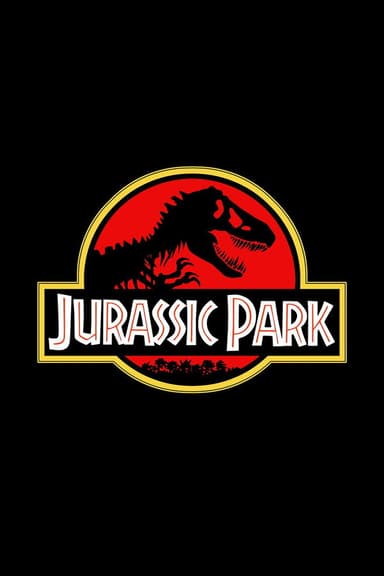
Disclosure
1994 • Crime, Drama, Thriller • R
A computer specialist is sued for sexual harassment by a former lover turned boss who initiated the act forcefully, which threatens both his career and his personal life.
Runtime: 2h 8m
Why you should read the novel
Reading Michael Crichton's novel Disclosure provides a much deeper understanding of the characters' motivations and the complex themes underlying the story. The book delves into the nuances of power dynamics, corporate maneuvering, and the legal intricacies of sexual harassment with far more detail and context than the film adaptation ever could.
Crichton's meticulous research and incisive storytelling paint a vivid picture of the high-tech corporate world of the 1990s, immersing readers in the cutthroat environment where ambition, technology, and personal lives intersect. The novel presents ethical dilemmas and moral ambiguities that enrich the narrative, challenging the reader to think critically about contemporary workplace issues.
Engaging and thought-provoking, the novel offers not only an exciting plot but also deep social commentary. Readers who choose the book over the movie will benefit from the layered narrative, the psychological complexity of the characters, and the chance to explore Crichton's distinctive style and themes in full.
Adaptation differences
One of the most notable differences between the book and the film adaptation lies in the portrayal of the main characters, particularly Meredith Johnson. In the book, Crichton provides more background into her motivations and complexities, making her actions appear more nuanced and grounded. The movie simplifies her character, turning her into a more straightforward antagonist, thus reducing much of the ambiguity present in the novel.
Another key difference is the tone and focus of the story. The novel explores the intricate workings of corporate politics, providing detailed exposition on various company procedures and legal processes. The film, by necessity, condenses much of this material, opting instead for a faster pace and more sensationalist moments, sometimes at the expense of the book’s thoughtful examination of harassment and power.
Additionally, key plot points related to technology—such as the use of virtual reality for document retrieval—are portrayed differently. While the novel presents these as plausible and integral aspects of the investigation, the film dramatizes them with stylized visuals, which some viewers and readers may find exaggerated compared to Crichton’s subtler, grounded approach.
Lastly, the ending of the movie is more conclusive and satisfying from a dramatic perspective, offering clear resolutions and a sense of justice. The book, meanwhile, leaves certain questions open and highlights the ongoing nature of workplace issues, fostering further reflection. This divergence in conclusion showcases the distinct purposes of each medium: the book aims to provoke thought, while the film seeks to entertain.
Disclosure inspired from
Disclosure
by Michael Crichton


















